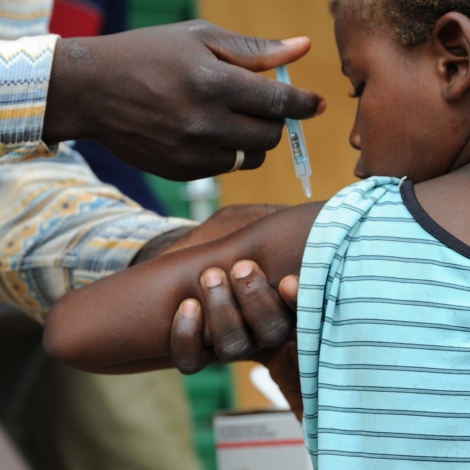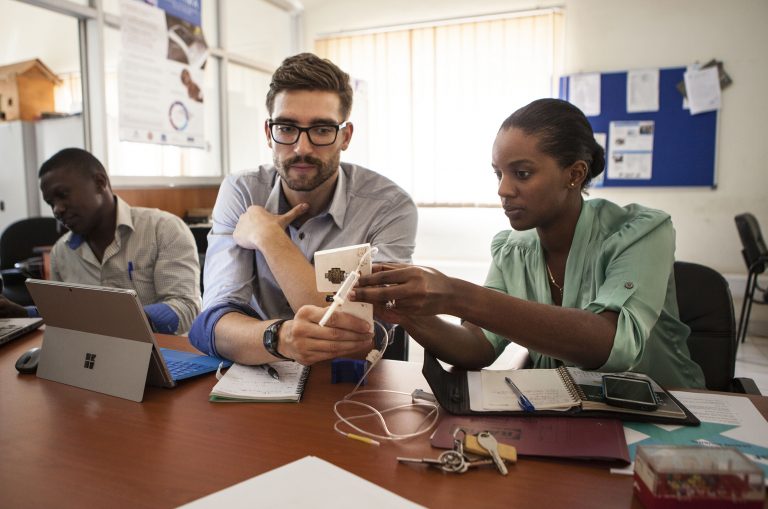Many African countries have a long way to go to meet the sustainable development goals. These goals, set by the United Nations, call for all countries to develop their economies by 2030. This should happen sustainably and inclusively. At the same time, human rights and the environment must be protected.
But most countries in Africa are lagging behind or even stagnating when it comes to realizing these goals. One of the reasons for this is that countries are not using enough rigorous research or developing policies informed by accurate scientific evidence.
This is a shortcoming that must be addressed. Policymakers, scientists and knowledge providers like science academies and research houses must work together to ensure that public policy is as fit-for-purpose as it can be.
Evidence-informed policy making is more important than ever. We’re living in a world where opinion matters more than fact. In some countries, evidence and expertise are valued less than at any other time in history.
With this in mind, a new report has been released that calls on African governments to invest in and apply science, engineering and medicine more systematically to try and address sustainable development issues. It also encourages the continent’s science community to be more proactive in helping to accelerate Africa’s development.
The report was compiled by the InterAcademy Partnership. This is a global network of more than 140 academics of science, engineering and medicine. One of the report’s key recommendations is that science academies have a crucial role to play in developing ways for scientists to engage more effectively with the African Union and United Nations at continental, regional and national levels.
Key recommendations
Science academies represent some of their countries’ best scientists. They also operate independently of governments. Academies collaborate on issues of local, regional and global importance: food security, climate change, health and water security.
There are national academies of science in 27 African countries and young academies in 13 countries on the continent. Young academies cater for academics who are just starting their careers.
In keeping with the report’s focus on science academies, it was formally released this week at a workshop hosted by the Academy of Science of South Africa that dealt with Sustainable Development Goal 6: clean water and sanitation.
These are the report’s central recommendations:
- Policymakers and science academies must work openly and inclusively together to ensure that evidence informs policy formulation, implementation and review;
- More opportunities should be created to bring scientists and policymakers together. This could happen through, for instance, fellowships or secondments;
- Programs that engage the African science diaspora and develop science policy leadership should be scaled up; and,
- Cooperation should be strengthened between academies of established “senior” scientists and early career “young” scientists. Young academies are especially effective at engaging with universities, schools and the public.
If these recommendations are adopted, the science community will be in a strong position to ensure that the best, most appropriate science produced in African countries is used to help the continent’s development. Policymakers, in turn, will be more likely to formulate policies that work.
Support
Ultimately, it is anticipated that this report will help the continent’s science community navigate its way around the complex policy mechanisms and processes of the United Nations, African Union and national governments.
By the same token, it will empower policymakers to navigate their way around the complex science landscape. This will mean that instead of these communities talking at each other, they talk to and with each other.
About the Author
Himla Soodyall is Secretary General of ASSAF, Principal Medical Scientist and Associate Professor at the National Health Laboratory Service and the University of Witwatersrand, Academy of Science of South Africa.
Dr Tracey Elliott, Project Director of the InterAcademy Partnership, co-authored this article.![]()
This article is republished from The Conversation under a Creative Commons license. Read the original article.

